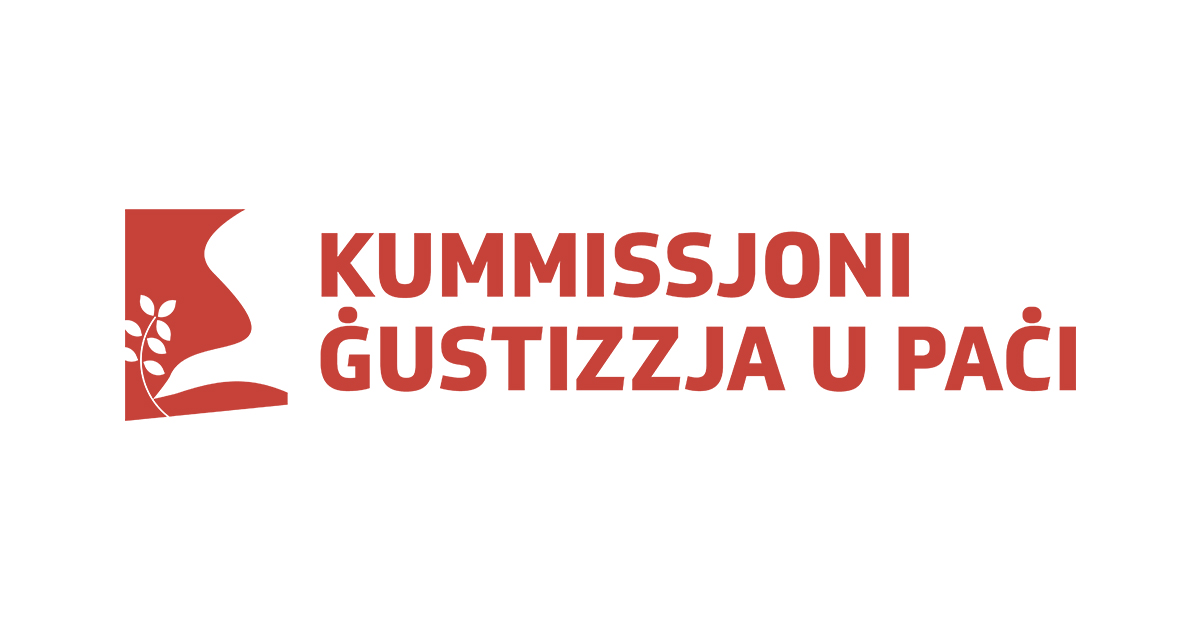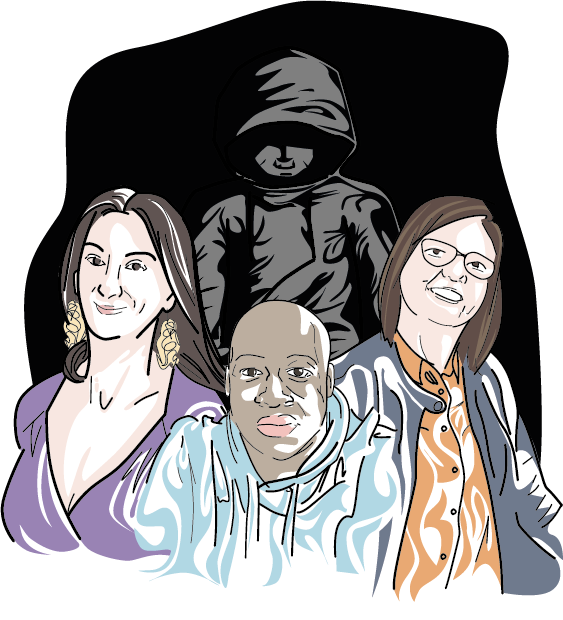Malta’s recent history has, in more ways than one, been a success story. And yet, the price which has been paid for this success is indeed high. Apart from those who have paid with their lives, divisions and lack of peace abound on this little island nation of ours. As we prepare to elect a new government in the next few months, we can expect partisan pique and polarisation, ever-present in our society, to reach fever pitch, despite the several calls along the years for a process of national reconciliation and unity
Last month, the Justice & Peace Commission within the Archdiocese of Malta launched a document called Yahad, a term in Hebrew which conveys the sense of togetherness and community and which represents the Commission’s vision for Maltese society. It is a document on what has been, where we are, and where we want to go as a country. The Commission believes that, before our society gets caught up in the election frenzy, it is important to stop for a moment and reflect on how we can act constructively to build peace within our nation. This document is therefore being offered in the hope that it serves as an aid for our nation on this path of national growth and reconciliation, so that the divisions between us are bridged, the scars are healed, and we truly become one.
Yahad starts off by presenting a Polyptych of Victims – a symbol of those who paid the highest price and who are, in more ways than one, the victims of our own success. The names and memory of, Daphne Caruana Galizia, Lassana Cisse and Miriam Pace shed light on those broken relationships which need to be renewed and reconciled. The fourth cry which serves as a companion on this journey is that of the Faceless Victim, who represents all those who are trying their best to live a virtuous life, when, more often than not, it is much easier to go with the flow and engage in behaviours and practices which create even more victims of injustice.
However, the memory of these victims is not meant to lead us to despair or hopelessness. We believe that as a country and as a community of faith, we have the necessary resources in our toolbox to continue building together a better society which promotes the common good and enhances the integral human development and wellbeing of everyone, especially of the most vulnerable: Truth, Creative Courage, Temperance and Merciful Patience are therefore proposed as virtues and attitudes which we cannot afford to ignore if – each in his/her own way – we want to engage in the urgent and messy work of “politics”, which as Pope Francis reminds us, is one of the highest forms of charity. All this leads to the final part of the document, which proposes a discerned call for action as a response to the urgent needs identified.
Faced with numerous centrifugal forces which drive us further from each other, through Yahad, the Justice and Peace Commission, dares to propose a path which brings us together. Besides tending to the wounds of the victims, we –Church members, politicians, and all people of good will – are called to listen to their voices and learn from their story to seek concrete and creative ways to put spokes in the wheels of the underlying injustice in every circumstance. Only by listening attentively to these voices can our hearts and minds be moved. True listening allows us to be authentic seekers of that truth without which justice and reconciliation will remain forever an illusion. Genuine listening will allow us to meet others as fellow brothers and sisters. If we dare to do so, our lives will become, in the words of Pope Francis, “wonderfully complicated” as we experience intensely what it means to be agents of reconciliation and hope in this beloved country of ours.
Daniel Darmanin
This article first appeared on MaltaToday (20/02/2022)



